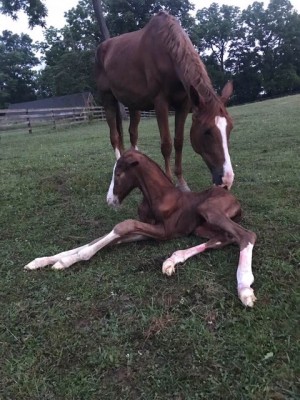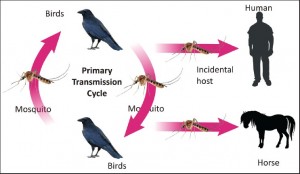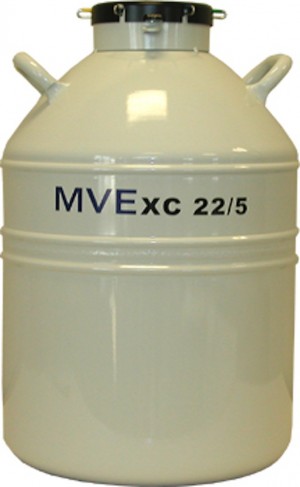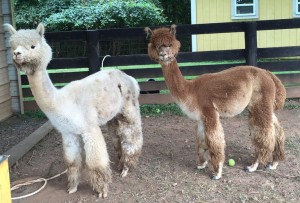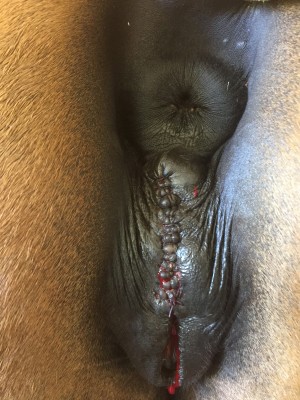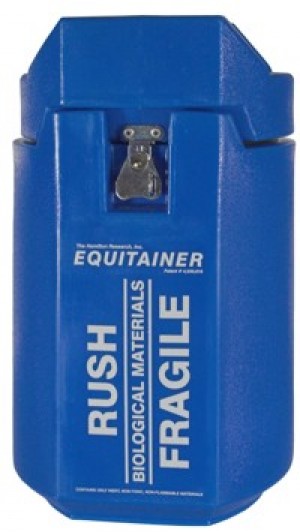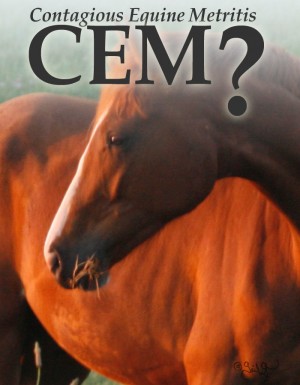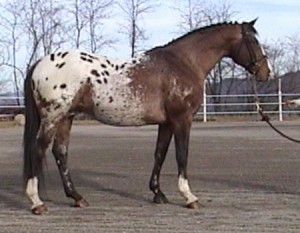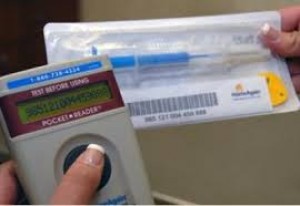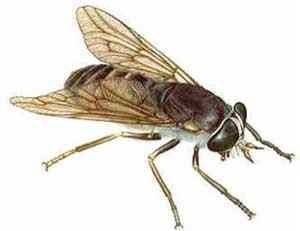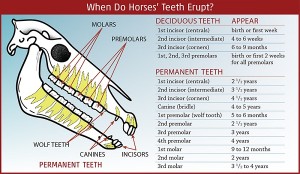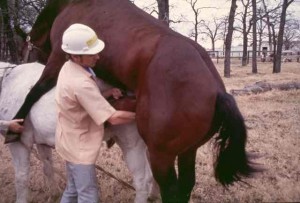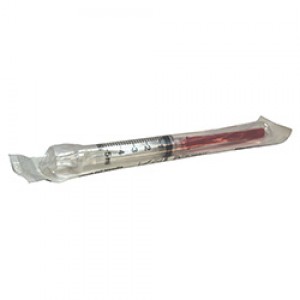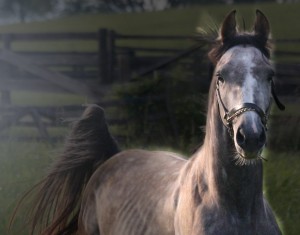Internal Parasite Control Program
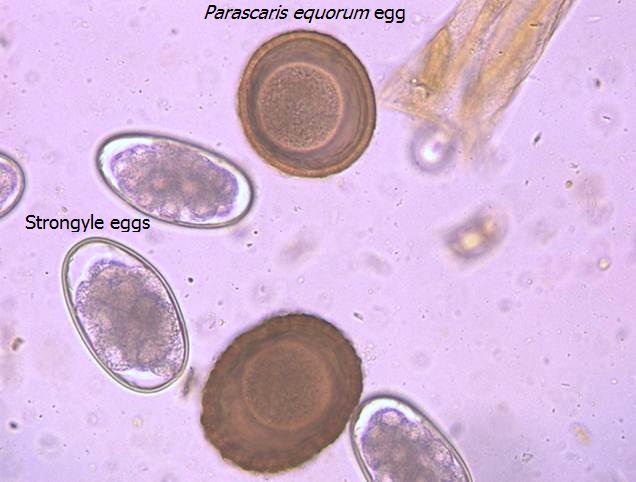
The goal of any parasite control program is fourfold: minimizing the risk of disease caused by internal parasites, controlling or reducing egg shedding into the pasture environment, doing your part to help to ensure that anthelmintic drugs remain efficacious, and helping to prevent development of drug resistance.
Anthelmintic drug administration on a periodic (e.g., every 2-3 months) or seasonal basis is no longer advised. Rotating dewormers only encourages drug resistance.
Fecal egg count (FEC) surveillance on a periodic basis is the most important first step in achieving these goals. It identifies which horses are shedding internal parasite eggs, and which ones are not. Thus targeting only those horses identified to be shedding eggs as the focus of your anti-parasitic drug treatment(s). Horses with low FEC (Low contaminators:0-200 EPG) in most cases should be monotored periodically and not treated. Horses with high FEC (High contaminators: greater than 500 EPG) should be treated and re-tested 3-4 weeks after the treatment was administered to document the efficacy of the treatment. The reliability of FEC monitoring is dependent upon suitable samples, proper storage and transport to the laboratory doing the testing.
To achieve good parasite control, one must prevent contamination of the living environment of your horse(s) with high numbers of parasite eggs and larvae. Treatments should be timed to kill adult worms before they start to pass large numbers of eggs into the environment, and only when the environmental conditions are conducive to egg and larval development and their survival.
The exceptions to this are related to control of roundworms, Parascaris equorum, and tapeworms, Anaoplocephala perfoliata. The first in most important with respect to foals and weanlings. The latter are important to adults. FEC do not accurately reflect the total adult Parascaris equorum burden of the horse, therefore wherever foals (and other juveniles) are pastured with adult horses, as most all are, a special roundworm control program needs to be used that is dramatically different from the control program for adult horses. Tapeworm infections are often missed or underestimated by FEC techniques because tapeworm egg shedding is intermittent. Properly timed single annual tapeworm treatment is beneficial for all horses. A properly timed annual treatment (late Fall or early Winter)given to all horses on a property should diminish transmission the following grazing season.
Parasite eggs hatch and develop into infective larvae under conditions of moderate temperature and moisture. Cold weather slows their rate of development and/or stops it altogether. High or excessive heat kills both parasite eggs and their larvae. Proper composting of horse manure and soiled bedding will generate relatively high internal temperatures, and strongyle larvae in manure are virtually eradicated by exposure to temperatures over 40 ?C for a minimum of two weeks. Composting is a practice that should already be in place at any stable or farm. Non-composted horse manure should NEVER be spread on pastures as this will only increase the level of parasite contamination.
Arrange a time to discuss and design your horse\'s or horse farm\'s parasite control program with Dr. Ley.
Dr. William B. Ley DVM, MS, DACT Services
Related Links
Allowed: 64M/67108864KB.
Current: 5628KB. Peak: 5697KB.


